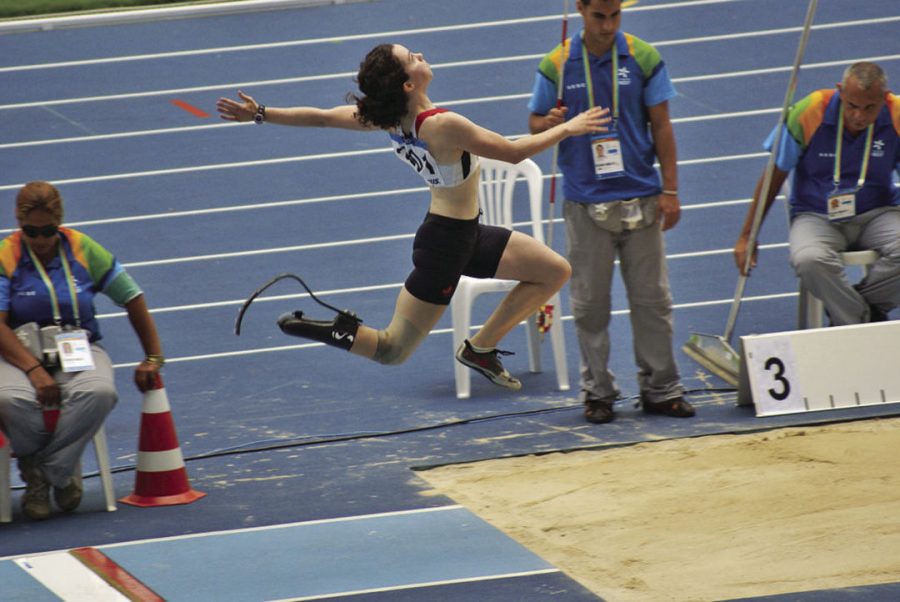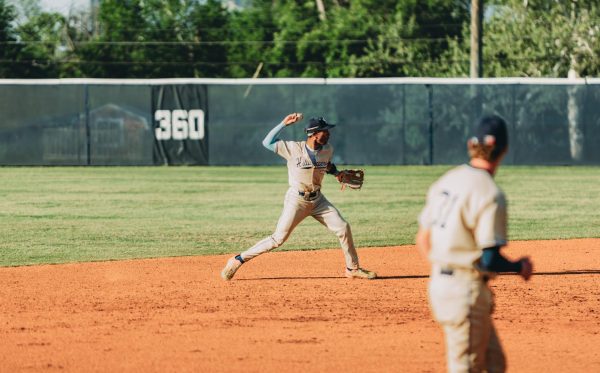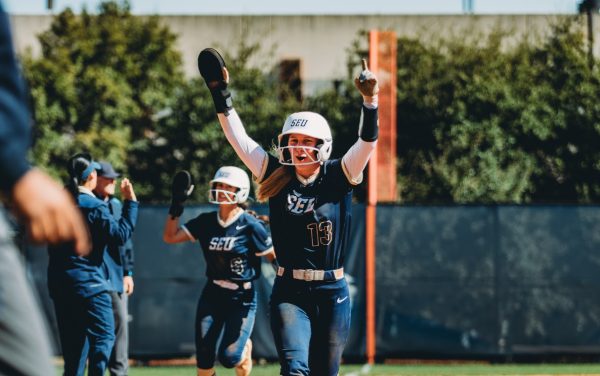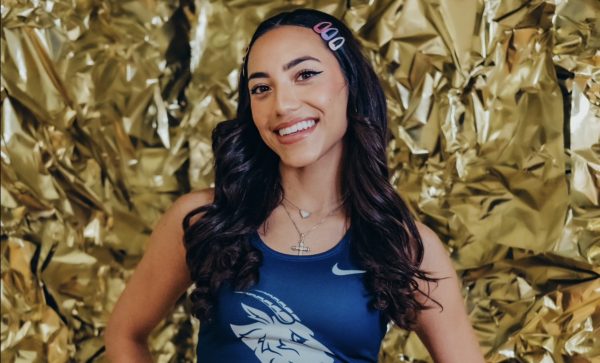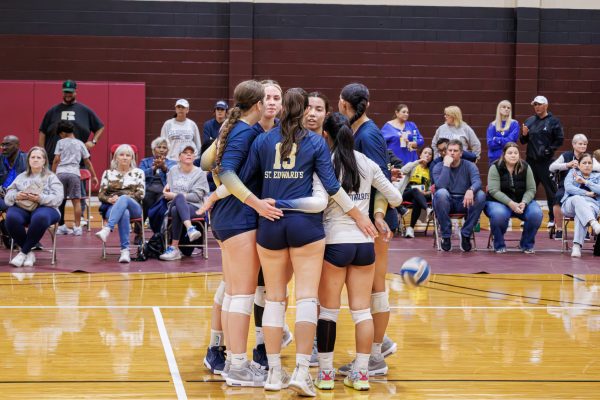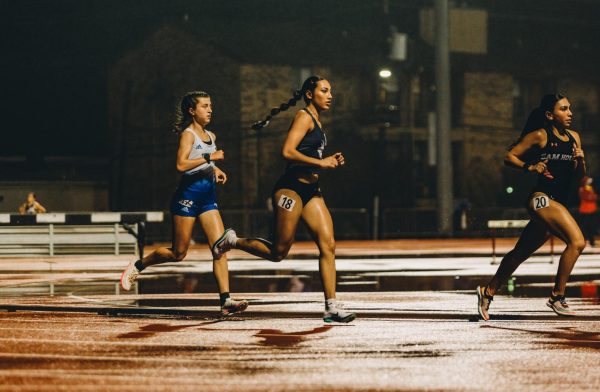Paralympics: Everything You Missed as Athletes Broke Records
The sports arenas of Rio de Janeiro, Brazil are just now emptying as the Paralympics closing ceremony took place on Sept. 18. Each athlete who competed has a disability and worked just as hard, if not harder, than their Olympian counterparts.
However, most people in the United States didn’t even realize there were still athletes competing in Rio because all the talk is still on Ryan “stupid hair-dye” Lochte and his fall from Olympic grace.
It also doesn’t help that Paralympics had a mere 66 hours of television coverage, while the Summer Olympics had a whopping 6,755 hours of NBC coverage. That’s over 100 times the coverage dedicated to the Olympics, instead of the Paralympics.
“The most disappointing thing to me is that my family cannot watch me [compete for a gold medal],” U.S. Goalball player Tyler Merren said on Facebook. “I hope that more coverage will be given in the future. I am super proud of our Olympians, but I have also been training for years for this moment, and it would be great to be recognized as they were.”
In case you were busy with school or football, here are some of the best stories of the Paralympics that deserve to be told.
Four Paralympic runners ran faster times in the 1,500-meter final than any runner in the Olympics.
Paralympic Track & Field runners Abdellatif Baka, Tamiru Demisse, Henry Kirwa and Fouad Baka outran Olympic gold medalist Matt Centrowitz, Jr.
These visually impaired runners did not use guides or technology during this race, per Mic.com.
Born deaf and nearly blind due to Usher Syndrome, Rebecca Meyers set three world records in the pool. She won three gold medals and a silver.
U.S. Navy veteran Brad Snyder won three gold swimming medals and a silver medal in the pool. Snyder is a former Navy Explosive Ordnance Disposal Officer who lost his vision on the battlefield in Afganistan in 2011.
“I will not let my blindness build a brick wall around me,” Snyder said. “I would give my eyes one hundred times again to have the chance to do the things I have done, and the things I can still do.”
As these swimmers with vision impediments approach the wall, they are tapped on the back with a pole to let them know to be cautious.
Both the men’s and women’s wheelchair basketball teams won gold medals for the U.S using slick dribbling and shooting.
For the first time since 2004, the men’s and women’s goalball teams reached the podium, as the men’s team won a silver medal and the women’s team won a bronze medal.
Goalball for the blind is similar to soccer and foosball. One player from each team-of-three rolls the ball onto the floor trying to reach the net, while the opposing team defends the net by sliding with their bodies.
Events are divided into impairment classifications, which range from physical, visual and mental disabilities, allowing athletes to compete against others with similar disabilities or similar levels of physical function, per paralympic.org.
Besides overcoming stereotypes about their disabilities, these athletes had the challenge of Brazil’s terrain. Although there are ramps and easier accessibility throughout Olympic Park, the roads surrounding the Paralympic hotels and sport ventures are not smooth, according to AP Sports.
In 1960, the first Paralympic Games featured only 400 war veterans competing in only six sports in Rome, Italy. Now in 2016, just a few decades later, over 180 countries had athletes with disabilities competing in 23 events.
Military veteran athletes earned a total of 16 medals in Rio for the U.S.
The United States finished the Paralympics with 115 medals, trailing behind the People’s Republic of China (239), Great Britain (147), and Ukraine (117).
Other unique sports during the 2016 Paralympic Games were: cycling road, sitting volleyball, wheelchair fencing, wheelchair rugby and boccia, which is a precision ball sport where a series of light balls are tossed in a strategic way so they all have to touch.
“Show the world that there is no them, there is only us,” International Paralympics Committee President Sir Philip Craven said at the Paralympics Opening Ceremony. “A world where people of all abilities, races, nationalities and sexualities can come together as one. We are all part of one world.”


